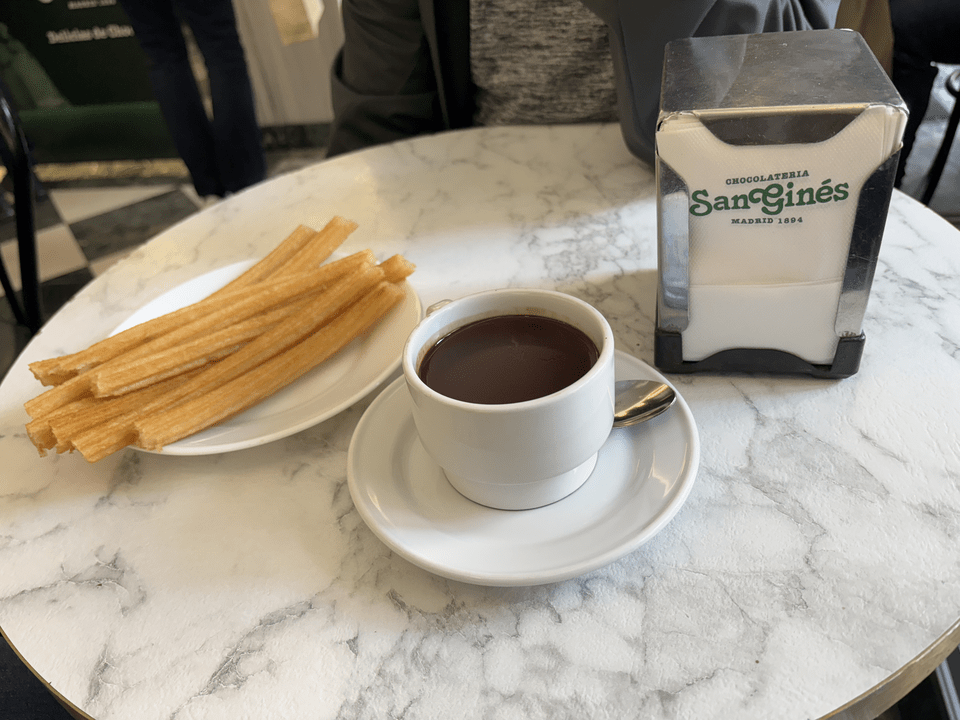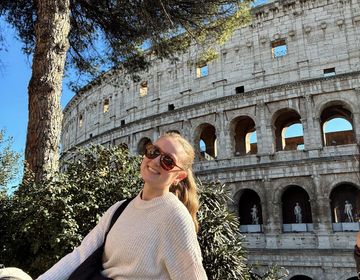Most important words to learn before traveling to Spain
When traveling to a new country whose people speak a different language than your own, it’s always a good idea to learn at least a few words in that language to aid you in your travels. Even if your pronunciation isn’t perfect or you can’t form a full sentence, in my experience, the people you talk to will appreciate your effort.
Simply showing respect for the culture and that you put in a little bit of time to educate yourself before traveling to another country can open more doors than you would expect. I have received discounts at markets and made connections with people who otherwise probably wouldn’t have given me the time of day simply because I first spoke in Spanish.
You may have to switch to English or a translation app once your Spanish knowledge runs out. I recommend Google Translate because you can download languages on the app to still be able to use the communication services offline, which is helpful when traveling.
If you’ll be traveling for a longer period of time, it’s a great idea to take a language class at your destination. The class times can often be tailored to your schedule, whether that be morning, evening or weekend classes. I recently completed a 9-week evening course at AIL Madrid, and it really helped me feel more prepared to hear and use Spanish in my daily life here in Madrid.

Below, I’ve listed the words I recommend learning—and common phrases you may encounter—in English and their Spanish translations. It can also be helpful to watch a few YouTube videos of "survival Spanish" to listen to the pronunciation.
Helpful translations
- Hello - Hola
- Goodbye - Adiós
- See you later - Hasta luego
- How are you? - ¿Qué tal? or ¿Cómo estás?
- Excuse me - Perdón, Perdona, Disculpe
- I’m sorry - Lo siento
- Please - Por favor
- Thank you - Gracias
- You’re welcome - De nada
- Yes - Sí
- No - No
- Good morning - Buenos días
- Good afternoon - Buenas tardes
- Good night - Buenas noches
- I would like - Quisiera, Me gustaría, Me pones
- A coffee (with milk) - Un cafe (con leche)
- Wine (red, white) - El vino (tinto, blanco)
- Beer - La cerveza
- To go/takeout - Para llevar
- Dine in - Para tomar (aquí)
- Bill - La cuenta
- Ticket - El boleto, la entrada
- Ticket office - La taquilla
- Where is…? - ¿Dónde está…?
- Bathroom - El baño, el aseo (also often noted as W.C. or watercloset)
- Do you need a bag? - ¿Necesitas una bolsa?
- A bag - Una bolsa
- Suitcase - Una maleta
- Luggage - El equipaje
- Help/I need help/Can you help me? - Socorro/Necesito ayuda/¿Puedes ayudarme?
- This - Esto
- That - Eso
- I don’t speak Spanish - No hablo español.
- I only speak English - Solo hablo inglés.
It’s also a good idea to try to learn some numbers for the purposes of shopping and ordering food. I would recommend at least 1 - 50.
It’s okay if you can only remember a few words—if you know this is likely to be true for you, I believe “hello,” “please,” “thank you,” and “excuse me” are the most important to learn. Even just taking the time to familiarize yourself with the rest may help you while traveling.
The respect you show for the locals’ language will go a long way with the people you will meet and your experience in the country.
Related Posts

How to Plan a Weekend in Rome
After my weekend trip to Rome, I have compiled my tips for must-see sites, what to skip, where to shop, and what to eat!
Managing Mental Health While Teaching Abroad
Our expectations of Teaching Abroad can be far off from our reality, having an effect on our mental health, and that’s okay. Here are a few things I have found to be helpful in (gently) taking back control and creating a smoother transition into my new life as an English Teacher abroad in Spain.

